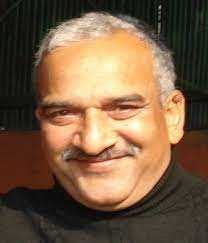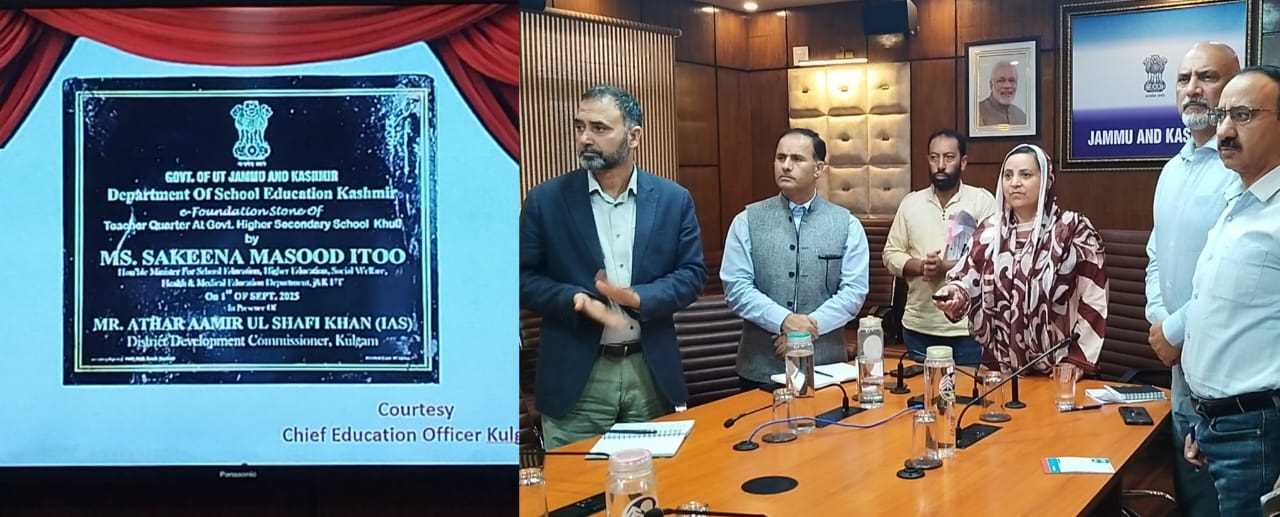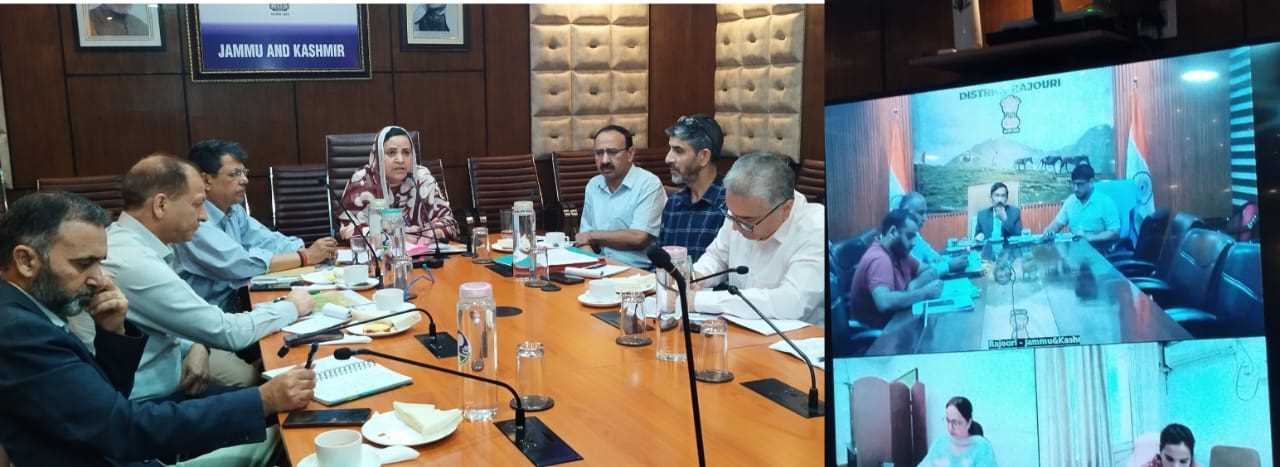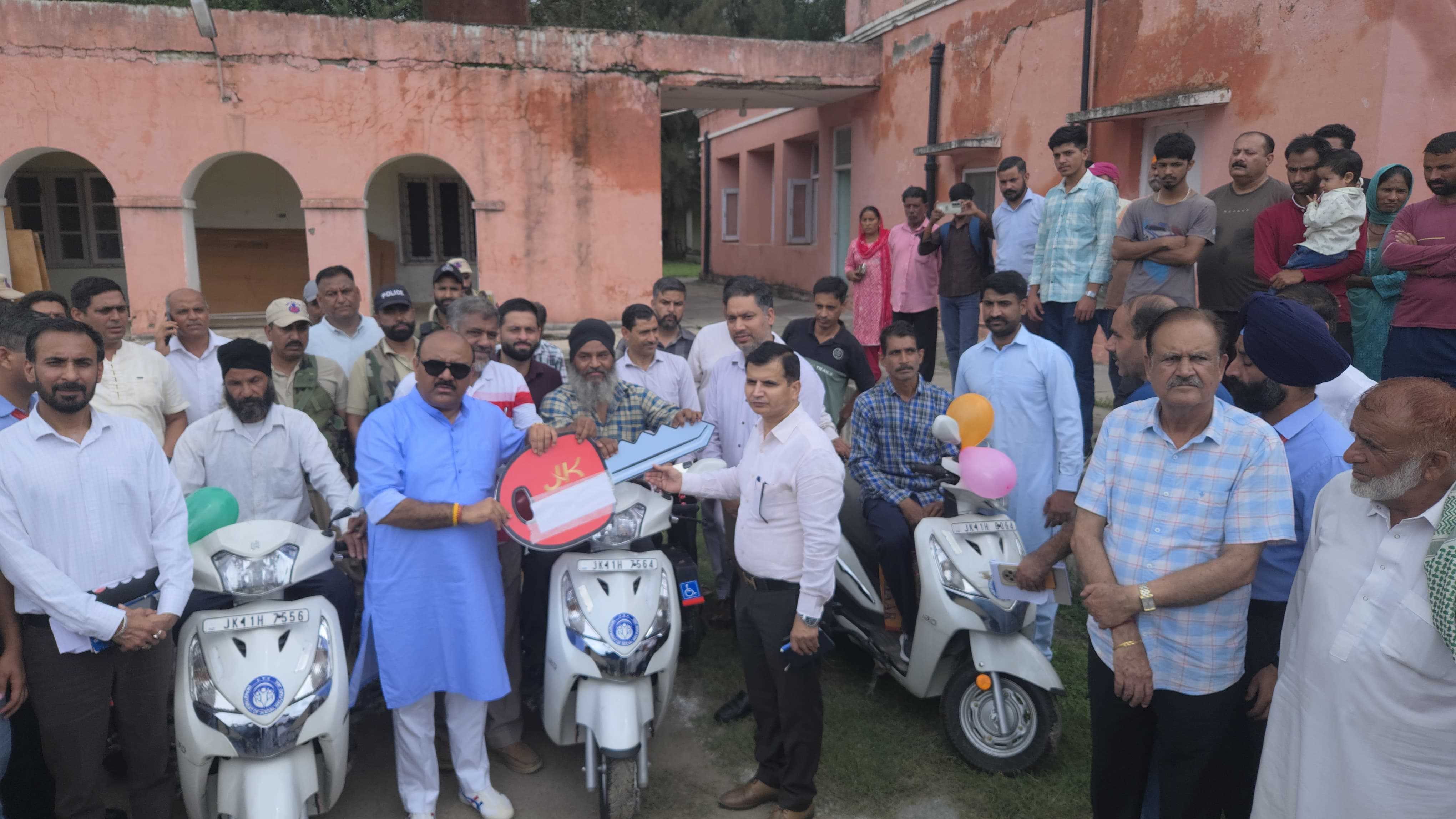Mainstreaming Enforced Disappearances
The AI overview of a Google search for ‘the land of the disappeared’ states, “Balochistan, a province of Pakistan, is referred to as the "Land of the Disappeared" due to widespread forced disappearances and extrajudicial killings by the country's security forces, particularly targeting activists and political opponents in the region.” It further mentions that “While there are also other instances of "disappeared" peoples and places, such as in Sri Lanka's civil war or Turkey's Kurdish provinces, the term most frequently and directly refers to Balochistan, according to news reports and human rights organizations [Emphasis added].
So, on the International Day of the Disappeared, saying a silent prayer for the hapless Baloch people subjected to enforced disappearance by the Pakistani security forces is but natural.
Human Rights Watch [HRW] in its 2011 report on Enforced Disappearances by Pakistan Security forces in Balochistan quotes 76-year old secretary-general of the Baloch Republican Party Bashir Azeem, being told by a Pakistani official during his unacknowledged detention in April 2010 that “Even if the president or chief justice tells us to release you, we won’t. We can torture you, or kill you, or keep you for years at our will. It is only the Army chief and the [intelligence] chief that we obey.”
While this revelation may sound melodramatic to the uninitiated, it nevertheless truthfully exposes the unending scourge of enforced disappearances and extrajudicial killings being perpetrated on the hapless Baloch people by the Pakistan army and intelligence agencies under its command.
In fact, Pakistan army’s direct involvement in brazenly pulling off enforced disappearances has been publicly acknowledged by none other than the Director General [DG] of its media wing Inter Services Public Relations [ISPR]. During a media interaction session in April 2019, when queried by senior journalist Hamid Mir on enforced disappearances in Balochistan, the then DGISPR Maj Gen Asif Ghafoor mockingly replied, “We know you have a great attachment to missing persons [but] we too have [the same].”
Maj Gen Ghafoor also unashamedly accepted the Pakistan army’s direct complicity in orchestrating enforced disappearances by saying, “We don’t want any person to go missing, but where there’s a war, you have to do a number of [undesirable] things. He even had the gall to justify this vile practice saying that, “All’s fair in love and war; wars are very ruthless.” The fact that despite displaying such a depraved mindset, the DGISPR was still promoted to the rank of a three-star General clearly indicates that for Rawalpindi, disappearing Baloch people is kosher!
A Harrowing Case
Enforced disappearances in Balochistan are so rampant that this burgeoning humongous human tragedy has today been reduced to mere statistics. While every incident of enforced disappearance is heart-rending, some cases are utterly outrageous and downright nauseating and one such case is that of Zarina Marri, who if still alive would today be 43-years-old.
Belonging to Kahan, a remote village in the Kohlu district of Balochistan, Zarina was employed as a school teacher at Government Middle School in Kahan. She was just 23-years-old when she and along with her small child were whisked away by Pakistani security forces in 2005. Two decades have since elapsed but the current whereabouts of both and physical condition of the mother and child remain unknown.
Like many other such incidents, Zarina’s enforced disappearance too would have faded from public memory had her harrowing plight while in military detention not been revealed by a former Baloch prisoner Munir Mengal who was arrested from Karachi airport in April 2006. Desirous of launching a satellite Baloch TV station in Dubai, Mengal fell afoul of President Pervez Musharraf by refusing to scrap this project and was held for more than a year in a Pakistan army's Military Intelligence [MI] run facility called Military Security Services Unit No 202 located inside Malir army cantonment on the outskirts of Karachi.
After his release, Mengal managed to flee Pakistan and after relocating in Europe, narrated a harrowing experience of his encounter with Zarina Marri during January 2007 while in MI detention to both the International Committee of the Red Cross and Reporters without Borders. He disclosed that on that fateful night the military guards brought a young woman to his cell and after ordering him to rape this woman left them alone.
When Mengel saw the trembling and weeping woman praying for her child in Balochi language, he assured her that no harm would come to her from him. Reassured, this lady identified herself as Zarina Marri and told Mengal that she was a teacher who had been arrested on suspicion of being associated with the Balochistan Liberation Army and had been sexually abused repeatedly by army personnel while in custody. This was the first and last time Mengel met Zarina.
Barefaced Denial
Issuing rebuttals is a commonly used ploy to wriggle out of embarrassing incidents. However, the Pakistan army chooses to outrightly deny the very occurrence of such an incident in order to avoid exposing its complicity and there are many examples of this. In order to conceal the role of the Pakistan army’s involvement in the 1999 Kargil War, didn’t Rawalpindi refuse to accept the mortal remains of its rank and file killed in combat? And by saying that the 1971 Indo-Pak war that led to the dismemberment of Pakistan was a “political and not military failure,” didn’t former Pakistan army chief Gen Qamar Javed Bajwa attempt to deny the undeniable?
So it’s not surprising that Hamid Mir’s recent post on X rekindling discomforting memories of Zarina’s enforced disappearance has prompted Rawalpindi to use two women ministers from Balochistan to deny reports of her enforced disappearance by the Pakistan army in 2005. In a hurriedly called press conference, Balochistan’s Education Minister Raheela Hameed Khan Durrani expectedly used the famous ‘Rawalpindi maneuver’ by contending that a lady teacher by this name never existed on the teaching staff roster of Kahan [Kohlu] Government Middle School!
However, if those behind her abduction think that by declaring that a thorough review of the Balochistan education Department’s record “found no trace that any teacher by the name of Zarina Marri was employed in Kohlu [Kahan]” and thinking that the people would believe that her abduction never occurred thus putting a closure on the two decade old enforced disappearance case, then they are sadly mistaken.
Undeniable Proofs
There’s abundant evidence to confirm that enforced disappearances is a commonly used ‘anti-terrorism’ strategy indiscriminately used by the Pakistan army. In its statement titled Pakistan: Young women held in military torture cells and forced into sexual slavery dated January 11, 2009, Asian Human Rights commission [AHRC] contains some damning revelations.
It confirms that “Ms. Zarina Marri, a 23-year-old schoolteacher from Balochistan province, was arrested in late 2005, and has been held incommunicado in an army torture cell at Karachi, the capital of Sindh province.” The report also reveals that “She has been repeatedly raped by the military officers and is being used as a sex slave, to induce arrested nationalist activists to sign state-concocted confessions.
The statement also discloses that “Another Balochi nationalist [name omitted by request], who was arrested by the military intelligence agency twice and kept in military cells in different cities, has confirmed to the AHRC that there were young Balochi females seen at those two torture cells, naked and in distress.”
Amnesty International in its 2022 report titled Braving the Storm: Enforced Disappearances and the Right to Protest in Pakistan mentions, “On 29 May 2022, the Islamabad High Court, hearing a case of six enforced disappearances, issued an order to serve notice on former president Retired Gen Pervez Musharraf and all other former and incumbent prime ministers, including former Prime Minister Imran Khan and current Prime Minister Shehbaz Sharif. The High Court ordered them to submit affidavits explaining why they should not be tried for breaching the Constitution for their “undeclared tacit approval of the policy regarding enforced disappearances” [Emphasis added].
Global Apathy
In May 2010, while commenting on the establishment of the country’s Commission of Inquiry for Missing Persons, Pakistan’s Supreme Court Judge Justice Javed Iqbal acknowledged that “Disappearances of people of Balochistan are the most burning issue in the country” adding that “Due to this issue, the situation in Balochistan is at its worst.” In April 2019 DGISPR accepted that enforced disappearances were one of the “[undesirable] things” that had to be done during “war.”
In April 2022, during his maiden visit to Balochistan Pakistan’s present Prime Minister Shehbaz Sharif admitted that enforced disappearances were rampant by telling the Baloch people that “Today, I’m making a promise. I will speak for missing persons along with you.” And by saying that “We will raise the issue with powerful quarters, and we will talk to them on the basis of law, justice and merit,” [Emphasis added], he left no room for any doubt that the Pakistan army was behind enforced disappearances.
So, on this International Day of the Disappeared, it’s time for the international community to introspect on why it has been maintaining a stoic silence all along on enforced disappearances in Balochistan despite acknowledgement of this Pakistanis holding high office openly acknowledging the same. We need to ask ourselves- don’t the kith and kin of the thousands of Baloch people forcibly disappeared by the Pakistan army deserve to know the whereabouts of their loved ones and also whether they are alive or not?
eMAIL:-----------------nileshkunwar.56@gmail.com








